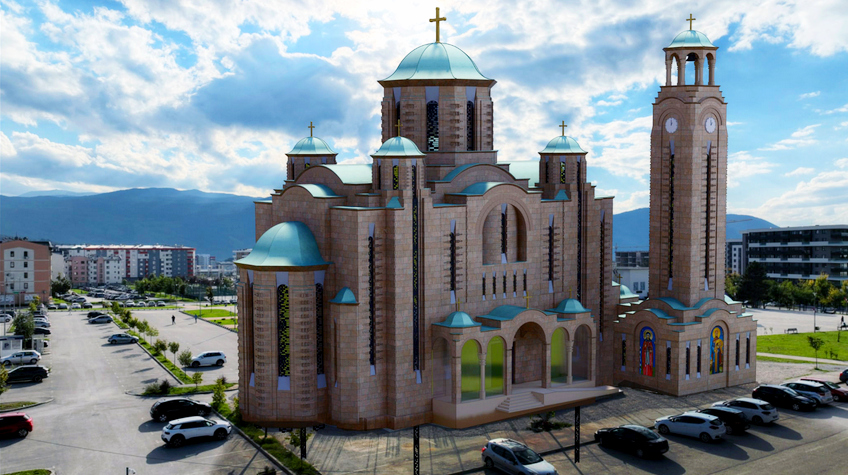SUNFLOWER, A KEY OILSEED CROP, THRIVES IN SEMBERIJA FIELDS
Sunflower, one of the most important oilseed crops known for its drought resistance and low maintenance, is expanding across the fields of Semberija.
For the animal feed factory in Nova Topola, three farmers have contracted to produce mercantile sunflower on approximately 20 hectares this year. Agricultural engineer Lazo Urošević, after retiring, returned to his native village of Mala Obarska near Bijeljina and decided to apply his extensive experience gained in Srem to his own field. By mid-April, he completed sowing on 16 hectares.
“We have done everything within our control. We shouldn't have problems with weeds and plant diseases as we have performed both deep and surface spraying,” Urošević told InfoBijeljina.
He expects better earnings compared to grain crops as the price is stable and plans to expand production by 20 hectares next year.
“The investments are not large, nor is the production particularly demanding. This crop does not like a lot of water; on the contrary, it tolerates drought excellently, making it the most stable in yield under current climate change conditions. Before deciding on this production, I calculated everything. Sunflower is more profitable than wheat and corn, and we should make 80 marks per meter,” said Urošević.
Agricultural engineer Gordana Gajić notes that sunflower production has several advantages, starting with drought tolerance that does not affect yield, a contracted price, and crop rotation benefits.
Given that many farmers grow corn in monoculture, which attracts weeds, sunflower is an ideal preceding crop.












